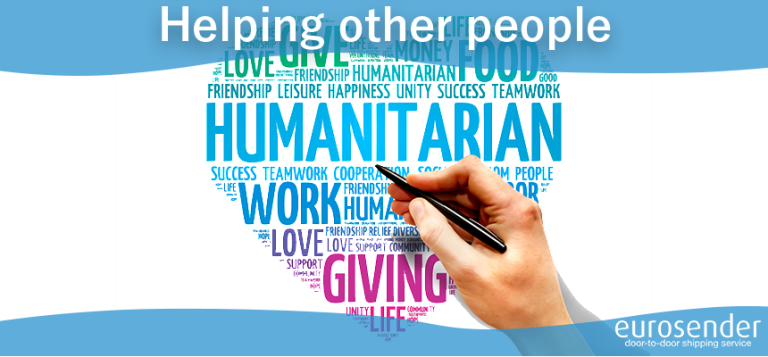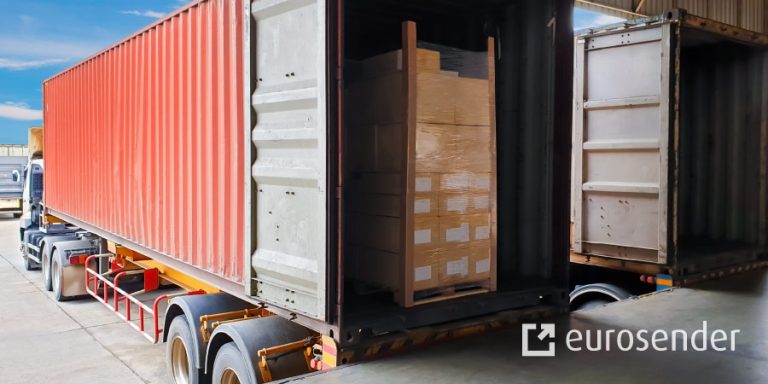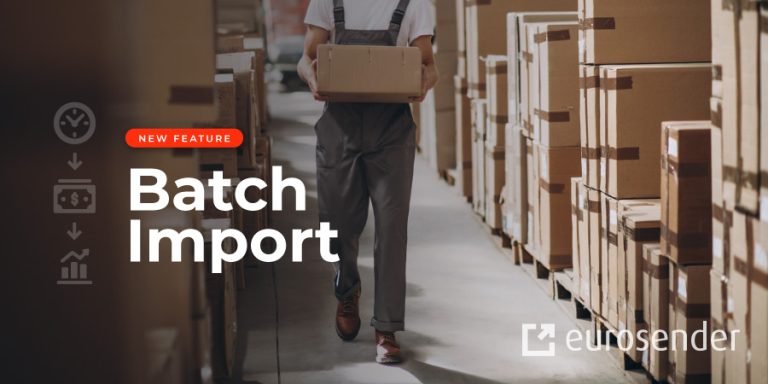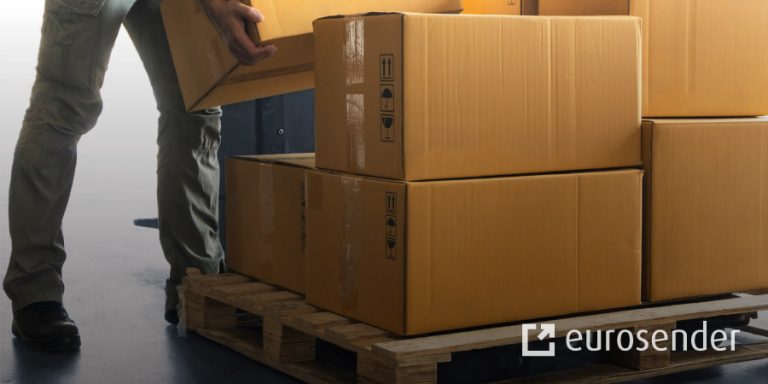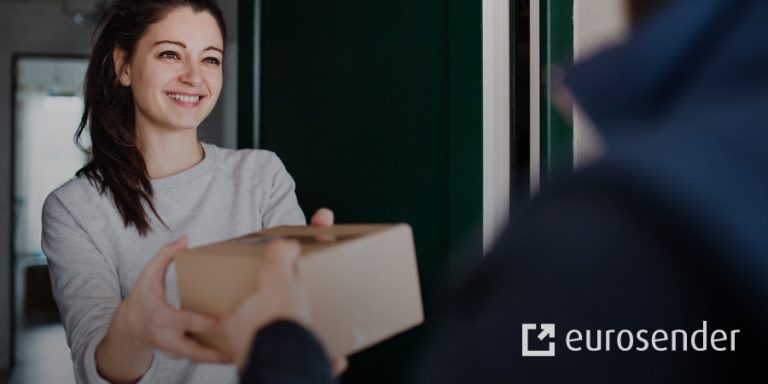Eurosender & SnT Collaborate to Advance AI in Van Logistics
TL;DR
- Eurosender and SnT Luxembourg are collaborating on an AI-powered van logistics project to streamline operations, optimise routes, and reduce manual intervention.
- The project addresses key logistics challenges like traffic congestion, route optimisation, inventory management, evolving customer demands, and environmental impact.
- AI enhances efficiency by automating route optimisation, delivery scheduling, and inventory management, while also reducing delivery times, fuel consumption, and overall costs.
- The AI solution aims to improve decision-making, customer satisfaction, and sustainability in the van logistics industry.
Create an account for free!
How Eurosender & SnT are contributing to the AI revolution in Van Logistics
In this interview, we had the opportunity to speak with Daniil Popov, Head of IT at Eurosender, about the exciting collaboration between Eurosender and SnT Luxembourg on an innovative AI van project. This partnership aims to revolutionise the van industry by automating and digitalising processes, optimising routes, and minimising manual interventions. The project addresses several challenges faced by the logistics industry, such as traffic congestion, route optimisation, inventory management, customer demands, and environmental impact. By utilising AI-powered systems, the project seeks to streamline operations, improve efficiency, and enhance customer satisfaction. Read on to learn more about the development process of the AI solution and the collaborative efforts between Eurosender and SnT Luxembourg.
What inspired the collaboration between Eurosender and SnT Luxembourg on the AI logistics project?
At Eurosender, we see quite a big potential in automating and digitalising the van industry. But one of the missing parts was how to connect clients with the right vendors without any human intervention. And we realised that there are so many input variables by which you need to make between those two, and without an AI solution in place, it would not be possible.
Can you provide more detail about the logistics challenges the project is addressing?
There are a couple of things that are challenging the industry. First of all, the optimisation of existing routes and destinations, in most cases, is done manually, which might lead to higher prices towards the end customer and higher CO2 consumption due to the number of empty kilometres. Second, by nature of the van industry, there are a lot of manual interventions and human communication involved, which might lead to a longer time to make an agreement between two parties. All in all, these two factors might negatively affect the industry and lower demand and customer satisfaction.
Here is a bit more information on project objectives which we will be trying to solve:
- Traffic congestion: One of the biggest challenges faced by van logistics companies is traffic congestion, which can cause delays and an increase in fuel consumption.
- Route optimisation: Finding the most efficient route for delivery is a challenge, especially in areas with heavy traffic and multiple delivery stops.
- Inventory management: Maintaining adequate inventory levels is a challenge, especially for companies that deal with perishable goods or seasonal products. Overstocking or stock shortages can impact customer satisfaction and result in waste or loss in sales.
- Customer demands: Keeping up with the changing demands of customers is a challenge for van logistics companies. Customers expect fast and reliable deliveries, and companies need to find ways to meet these expectations while also keeping costs under control.
- Environmental impact: The transportation industry has a significant impact on the environment, and van logistics companies are under pressure to reduce their carbon footprint and adopt sustainable practices.
How does AI play a role in solving these logistics challenges, and what benefits does it bring?
Artificial Intelligence is transforming van logistics by streamlining operations and improving efficiency. AI-powered systems can automate tasks such as route optimisation, delivery scheduling, and real-time tracking, reducing the chances of errors and saving time. Additionally, AI can help make better decisions by providing valuable insights and predictions based on large amounts of data.
For example, AI algorithms can analyse historical delivery data to determine the optimal route for a given delivery, taking into account factors such as traffic, road conditions, and delivery times. This can help reduce delivery time and fuel consumption, ultimately leading to lower costs and improved customer satisfaction.
Another area where AI can help is in predicting demand and managing inventory. By analysing customer behaviour, sales data, and other relevant factors, AI can help van logistics companies predict future demand for their products and adjust their inventory accordingly. This helps to ensure that they always have the right products in stock and reduces the risk of overstocking or stock shortages.
Read more about the collaboration between Eurosender & SnT
Create an account for free!
About the author

